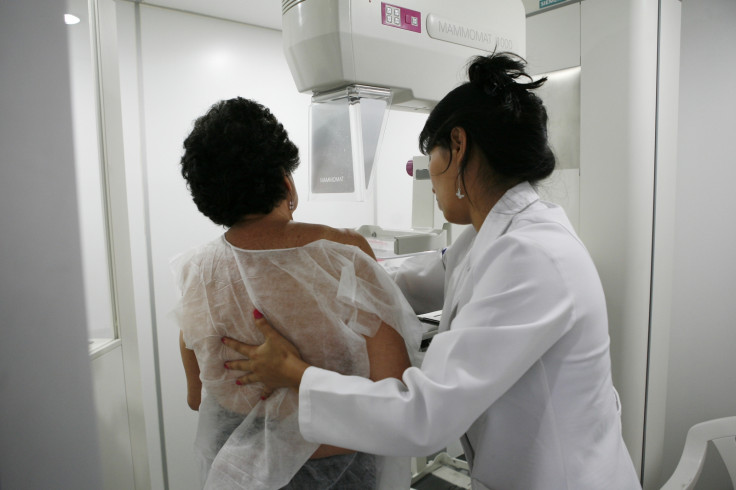Cancer diagnosis UK: New GP guidelines 'will save 5,000 lives a year'

Doctors have been given new guidelines on how to detect cancer which has the potential to save thousands of lives a year.
The National Institute of Health and Care Excellence (NICE) is urging GPs to adopt a "symptoms-based approach" whereby they screen patients for cancer before their symptoms get too severe for conditions such as stomach pain and lumps and masses.
GPs will be able to conduct basic diagnosis tests in their surgeries using the latest guidelines as well as being able to access CT scans, X-rays or others internal examinations with a specialist referral
Around 300,000 people are diagnosed with cancer in the UK every year, with around 10,000 people dying each year due to late diagnosis. Nice believes the changes in how doctors test for cancer will reduce this number to around 5,000 a year.
Prof Mark Baker, clinical practice director at NICE, said: "[The guidelines] adopt an entirely new approach focusing not on a diagnosis of a particular type of cancer, as all previous referral guidelines have, but on the signs and symptoms patients present to GPs with.
"It therefore makes it a lot easier for GPs to know how to deal with the patient whose symptoms may often be vague and for whom cancer may not be the most obvious diagnosis but who have early and curable disease.
"These are the people we need to get into the diagnosis pathway as quickly as possible. This provides a universal and comprehensive approach getting the right patients to the right investigations at the right time."
The changes were welcomed by cancer charities, but added more diagnosis resources need to be available for doctors if they are to be successful at spotting cancers early.
Sara Hiom, director of early diagnosis for Cancer Research UK, said: "We know a lot more about symptoms and symptom clusters. For those patients who in the past have perhaps been let down by the system, we must remember a number of things, such as a diagnosis of cancer is a complex thing and cancer, while a common disease, is very rare in primary care.
"It certainly seems to be the case, and research would indicate, we do fewer diagnostic tests in this country than comparable countries, but there is a lack of workforce, perhaps a lack of kit, to do those tests, so patients may be missing out because there are delays, backlogs or bottlenecks and this really does need to be addressed."
© Copyright IBTimes 2024. All rights reserved.























